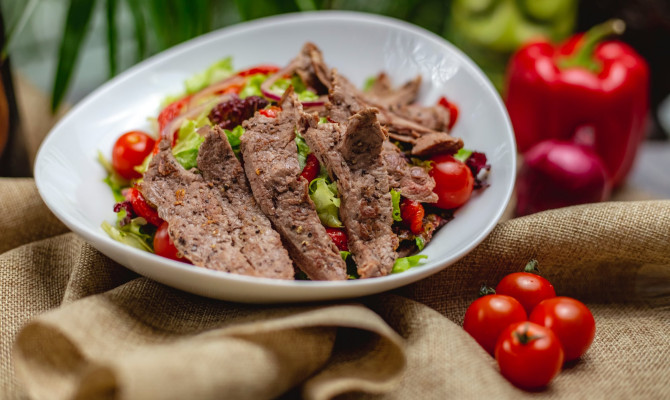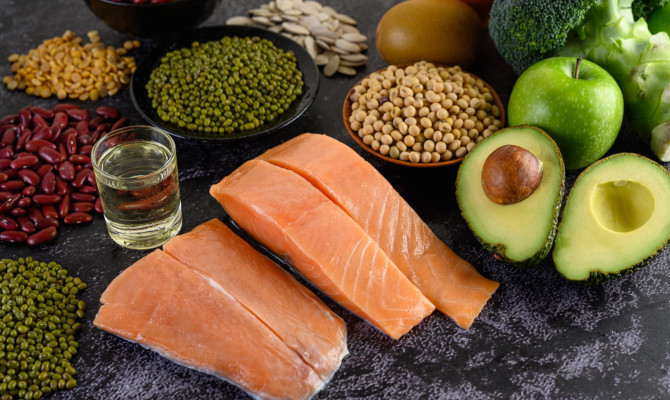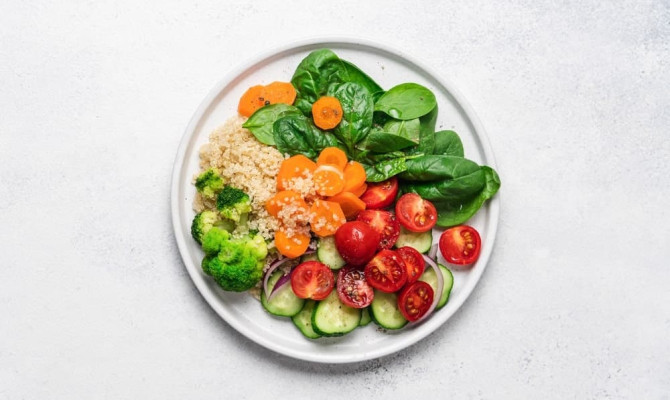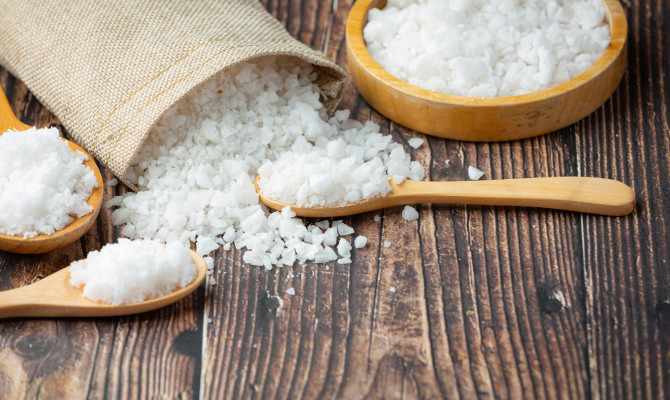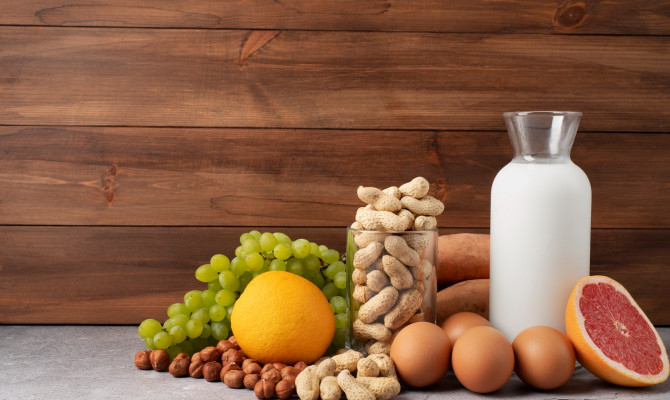Choline: Understanding the Importance, Benefits, and Deficiency

- Choline
- 22 Aug 2023
Overview
About Choline
A vitamin called choline is essential for many biological processes. It is necessary for the healthy operation of cells, particularly nerve cells, and is frequently categorized as a vitamin-like chemical. The creation of acetylcholine, a neurotransmitter involved in memory and muscular function, depends on it.
In this post, we shall discover the importance of choline, its uses, and possible health advantages for people. It is a nutrient of outstanding relevance, from its essential involvement in cell structure to its crucial impact on nerve transmission and brain health. 1Overview| Researched based study from Nlm.nih.gov
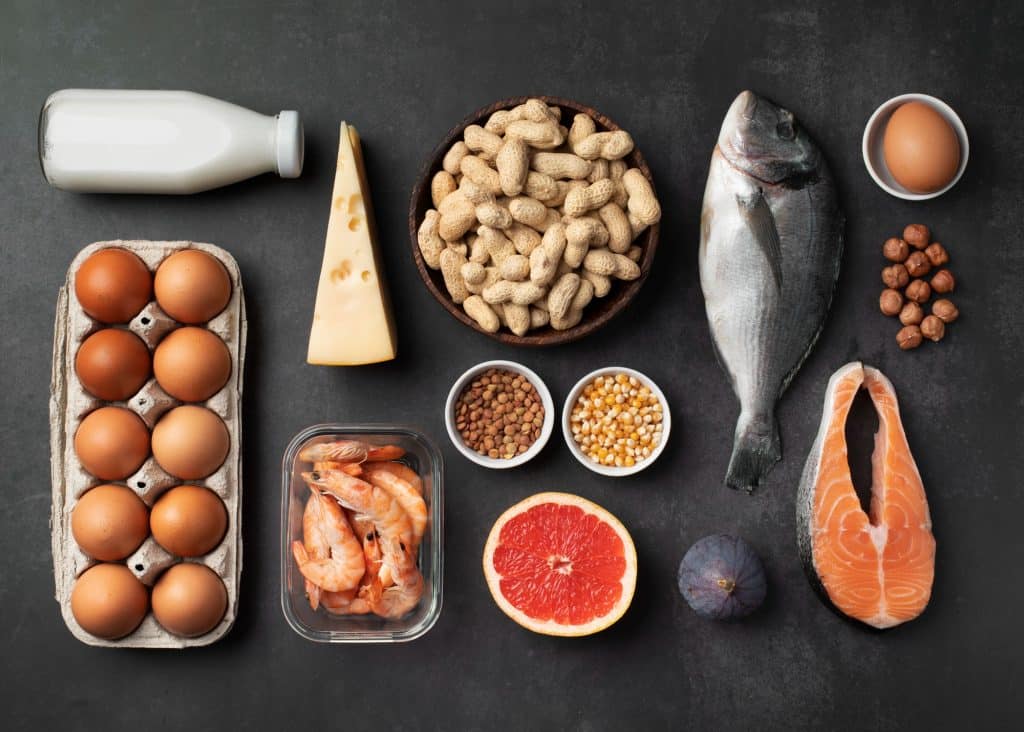
Dosage
Recommended Dosage of Choline
Based on age and stage of life, different dosages may be advised. However, the following are the general recommendations for choline intake:
- Infants (0-6 months): 125 milligrams per day (mg/day)
- Infants (7-12 months): 150 mg/day
- Children (1-3 years): 200 mg/day
- Children (4-8 years): 250 mg/day
- Boys (9-13 years): 375 mg/day
- Girls (9-13 years): 375 mg/day
- Adolescents (14-18 years): 550 mg/day for boys and 400 mg/day for girls
- Adolescents (19 years and older): 550 mg/day for men and 425 mg/day for women.
- Pregnancy: 450 mg/day
- Lactation: 550 mg/day
It’s important to remember that these are only basic suggestions. Each person’s requirements may change depending on pregnancy, nursing, underlying medical issues, and degree of physical activity. 5Dosage| Researched based study from Nih.gov
Health Benefits
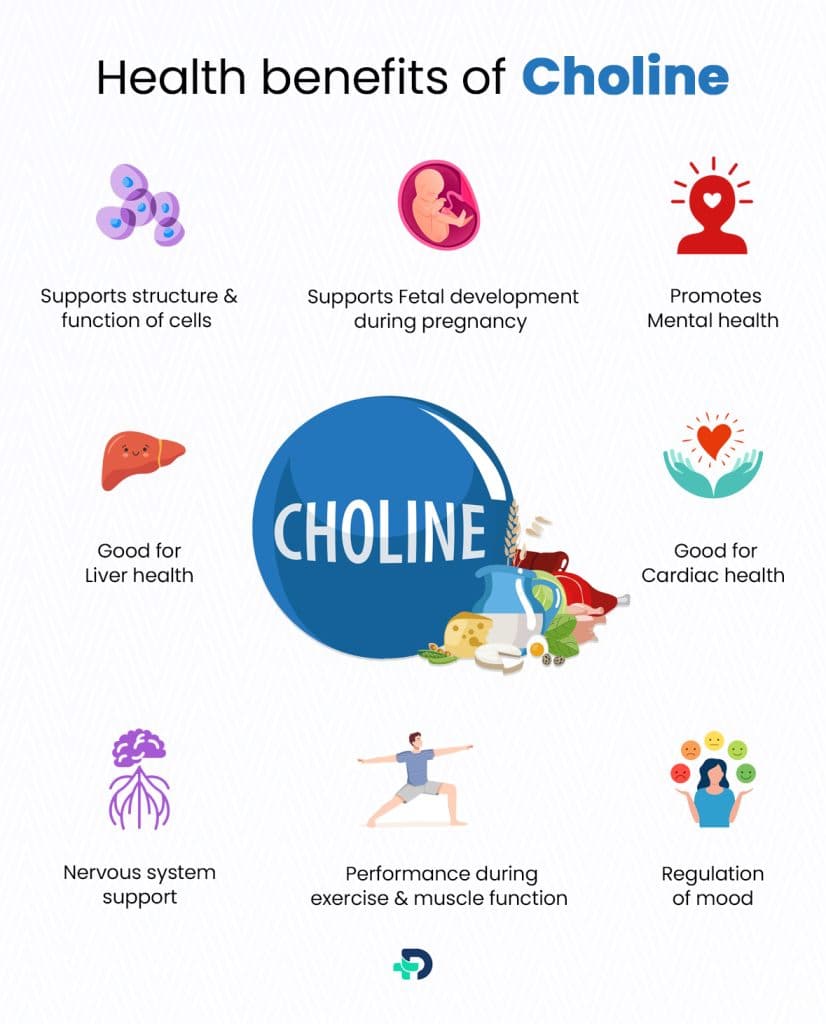
Choline Health Benefits
It is a necessary nutrient that assists the body in numerous ways. Here are some of the main benefits:
- Supports cell structure and function
- Promotes brain health and cognitive function
- Promotes Liver health
- Good for Pregnancy and fetal development
- Improves Heart health
- Supports muscle function and exercise performance
- Good for Nervous system
- Promotes mood regulation
- Helps in DNA synthesis and methylation
Supports structure and function of cells
- It is an essential part of phospholipids, which are needed to create cell membranes. It plays a critical role in preserving cell integrity and function by enabling the effective transfer of nutrients and waste into and out of cells.
Promotes Mental health
- It is an acetylene-specific neurotransmitter that affects memory, learning, and muscular function. A healthy choline intake has been related to better cognitive performance and may support brain health as we age.3Benefits| Researched based study from ResearchGate.net
Good for Liver health
- It encourages fat metabolism and avoids the buildup of liver fat. It helps maintain overall liver health and is especially helpful in preventing and treating nonalcoholic fatty liver disease.
Supports Fetal development during pregnancy
- It is essential during pregnancy because it affects fetal brain development and may guard against neural tube abnormalities. Pregnancy-related consumption is linked to improved cognitive performance in the progeny.
Good for Cardiac health
- It participates in the metabolism of amino acids and homocysteine, which is linked to an increased risk of heart disease. A sufficient choline intake may support heart health by regulating homocysteine levels.
Performance during exercise and muscle function
- It aids in acetylcholine synthesis, which is necessary for controlling muscular movement. Additionally, it might help lower inflammation and muscle damage brought on by exercise, thereby enhancing exercise performance.
Nervous system support
- It is essential for the neurological system’s efficient operation, including nerve signaling and transmission. It might assist in supporting the whole nervous system and preserve normal, healthy cells. 2Benefits| Researched based study from Nlm.nih.gov
Regulation of mood
- Serotonin and dopamine, which are crucial for mood regulation and maintaining mental health, are produced as a result of its production2Benefits| Researched based study from Nlm.nih.gov
DNA methylation and synthesis
- It participates in DNA synthesis and methylation processes, crucial for gene expression, cell division, and overall cellular health.5Benefits| Researched based study from Nih.gov ,1Benefits| Researched based study from Nlm.nih.gov
Sources
Sources of Choline
Foods high in choline
They can aid in ensuring that this vital nutrient is consumed sufficiently. Some sources of choline include the following:
Eggs
- Especially in the egg yolk, one of the most significant sources.
Liver
- A valuable supply of liver is the liver of different animals, such as cattle, chicken, or pork.
Fish
- Choline can be found in large amounts in certain fish species, including salmon, cod, and sardines.
Meat
- Good sources include beef, chicken, turkey, and pork.
Dairy goods
- The choline concentration in milk, yogurt, and cheese is slightly higher in full-fat dairy products.
Soy byproducts
- Choline is abundant in soybeans and goods from the soil, such as tofu.
Seeds and nuts
- Good sources include seeds like flaxseed and nuts like almonds and peanuts.
Cruciferous plants
- Choline can be found in some vegetables, including broccoli, cauliflower, Brussels sprouts, and cabbage.
- Choline is found in potatoes, particularly those with the peel.
Whole grains and legumes
- Plant sources of choline, including beans and legumes like chickpeas, kidney beans, and lentils.
- Choline can be found in quinoa, brown rice, and wheat germ.
You may promote your general health and achieve your daily requirements by including various items in your diet. It’s vital to employ appropriate cooking methods to preserve the nutrient content because certain foods’ composition can be affected by how they are prepared.5Sources| Researched based study from Nih.gov
Deficiency
Choline deficiency
- When people do not ingest enough choline to suit their body’s needs, they develop a conning deficiency.
- Given that it is necessary for several physiological processes, A lack can result in several health problems. It is relatively uncommon because the body can synthesize it and because it is found in many everyday meals. However, a number of factors, such as bad eating habits and medical conditions, might raise the possibility of a shortfall.
Some potential consequences of deficiency include:
Fatty liver
- Fat metabolism is significantly impacted by fatty liver disease. A deficit can cause fat to build up in the liver, aggravating nonalcoholic fatty liver disease.
Muscle weakness and damage
- It is essential in controlling muscles, which can lead to discomfort, weakened muscles, or poor motor function.
Defects in the neural tube
- It is essential for healthy fetal brain development throughout pregnancy. Deficient pregnant mothers may have a higher chance of their unborn child getting neural tube abnormalities.
Cardiovascular risk
- Homocysteine levels could rise as a result, and increasing homocysteine levels are linked to a higher risk of heart disease.
Neural disorders and injury to the nerves
- Peripheral neuropathy and other neurological problems might result from insufficiency since it affects the nervous system.
- Poor cognitive function leading to memory issues and mental impairments.5Deficiency| Researched based study from Nih.gov ,4Deficiency| Researched based study from Nlm.nih.gov
Who is prone to choline deficiency?
Pregnant women
- Women who are pregnant or nursing are more in demand at these times since more milk needs to be produced for the growing fetus.
Vegetarians and vegans
- Plant-based diets followed by vegetarians and vegans may contain less cholesterol than those that also include animal-produced items. Vegetarians must be careful to include nutrient-dense plant-based foods in their diet.
Ailment conditions.
- Some medical disorders may affect how choline is absorbed or used, which could result in a shortage. These diseases could include gastrointestinal conditions that impair absorption, genetic disorders, and liver disorders.
Poor dietary habits
- People who consume nutrient-deficient diets regularly may be at risk of insufficiency.
- Older adults may have altered vitamin demands or impaired collagen absorption, rendering them more prone to deficiencies.
Active individuals and athletes
- Due to higher energy expenditure and muscle demands, people who engage in severe physical activity may have higher dietary requirements.
People with alcohol use disorders
- Chronic alcohol use may impede choline absorption and excretion, resulting in insufficiency5Deficiency| Researched based study from Nih.gov ,4Deficiency| Researched based study from Nlm.nih.gov
Any feedback on this article?
 This Articles content was accurate
This Articles content was accurate Very Informative Article
Very Informative Article I have a question or a comment
I have a question or a comment
 This article contains inaccurate content
This article contains inaccurate content This article was not helpful
This article was not helpful I have a question or a comment
I have a question or a comment
We appreciate your helpful feedback!
Checkout our social pages
References
-
National Library of Medicine
Choline: Human Requirements and Effects on Human Performance | Overview | Benefits
-
National Library of Medicine
Neuroprotective Actions of Dietary Choline | Benefits
-
Research Gate
Importance of Choline as Essential Nutrient and Its Role in Prevention of Various Toxicities | Benefits
-
National Library of Medicine
Nutrition and Traumatic Brain Injury: Improving Acute and Subacute Health Outcomes in Military Personnel. | Deficiency
-
National Institutes of Health
Choline-Fact Sheet for Health Professionals | Sources | Deficiency | Dosage













